Need To Be Mindful For Our Feathered Friends!
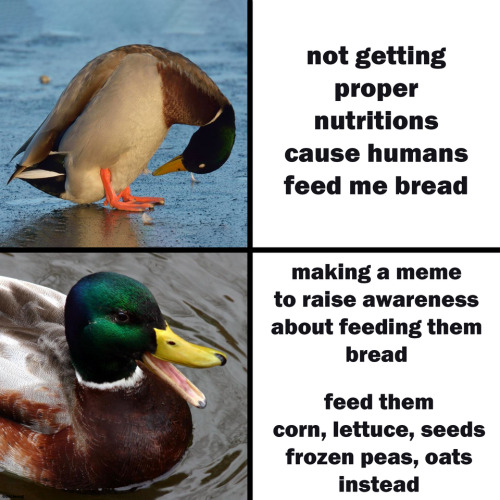
Need to be mindful for our feathered friends!
More Posts from Green-notebooks and Others

This is literally WALL-E lmfao
Actually you know what. Just don’t mow. Get rid of your lawnmower. Turn your whole yard into a wildflower field or an edible garden. Lawns are the invention of the upper class to show wealth through wasted plots of grass that is meticulously tended for no reason other than to be grass. It’s literally an empty plot of land they kept because they had so much money they didn’t need it to grow food. Not using a yard as just a yard is an act of rebellion.
One of the main industries still supporting lawns is chemical pest control companies, and they’re also responsible for the insecticides that crashed the bird populations in the 40s and 50s as well as a lot of what’s killing bees and butterflies now. The herbicides they produce specifically targets “bad” plants like dandelions, buttercups, and clovers, which are plants bees rely on for early spring feeding. Grass is just grass; it would be great for feeding small mammals if people would let it grow more than three inches, but they won’t.
So, yeah. Kill lawnmower culture. Plant some native flowers. Grow some vegetables and fruit trees. Put out bird feeders and bee sugar spots and homes for both. Be kind to bugs and birds and rabbits and opossums and whoever else might wander by. Make your neighborhood a lot more beautiful.
Gloves that can translate sign language into speech/text










I started working on an edible forest garden three years ago, and this is the first year that it’s really started tasting like one.
The best things in life take a little patience.
Books on edible forest gardening
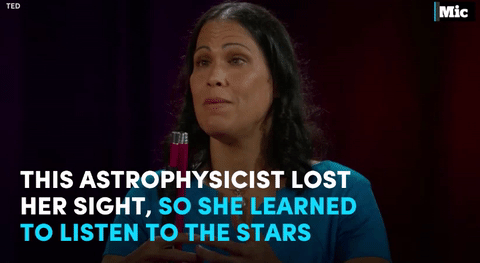

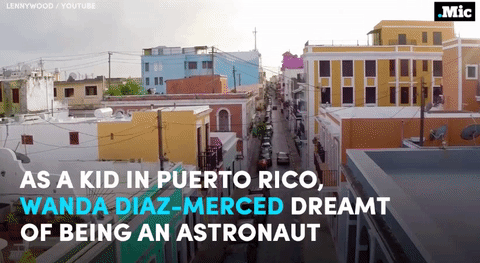
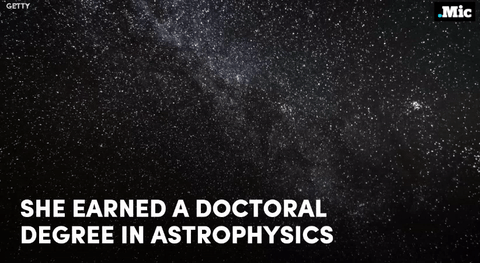
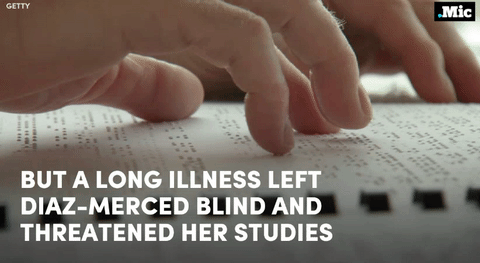

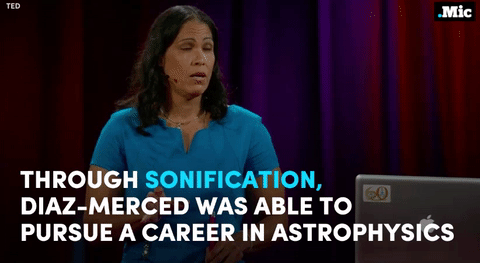




follow @the-future-now
Do y’all ever just get ANGRY about how cool technology is inevitably used for evil. Like, smart homes could be such an exciting concept?
Imagine: your home is entirely voice activated. You can run yourself a bath when you’re exhausted and sore without having to get up to turn the water on. You can alleviate your anxiety about having left the stove on without having to leave work. The roomba can find your glasses for you when you drop them and all you have to do is ask.
Now imagine that this is all on a closed circuit! Your TV can predict what shows you’ll like, but it won’t give that information to a company that will use it for disturbingly specific advertisement. And everything has manual overrides, just in case.
Can you imagine a future where every car is self-driving? Maybe even solar powered? Or better yet, apply those same concepts to widespread public transportation! We could almost completely eliminate traffic jams.
My house could feed my cats while I’m on vacation! My fridge could tell me when I’m low on milk! I could brew coffee without getting out of bed!
Hell, most of this stuff already exists!
But nooooo, I can’t have any of it because there are people and companies out there who will actively use that stuff against me and I don’t want fucking Amazon to know what kind of underwear I own.
I’m not bitter or anything.



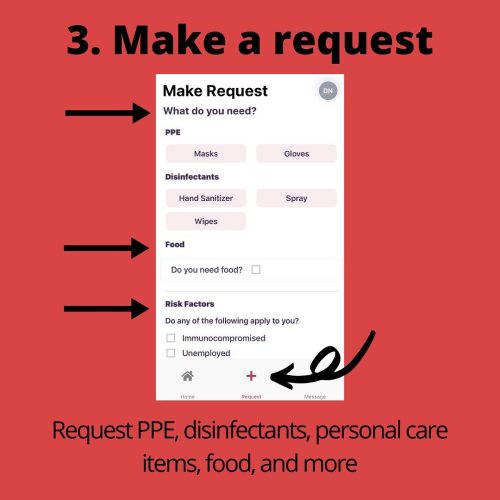

People on here should know about the mutual aid app! It’s really growing in the Chicago area (created by some college students from the suburbs), and it’s also being used in ABQ, parts of Colorado, and in the Navajo Nation! Sign up folks in your area and start growing your network!
i think some of the phrasing we use when discussing human environmental impact wrt energy production and agriculture and human habitation can influence the way we think about these things
when we discuss certain energy production methods or agricultural methods or architectural methods or any other elements of human habitation of a given area as “disruptive” to the environment, without sufficient context for what that means, it sets up this dichotomy where our habitation is either disruptive to the environment OR has no effect on the environment, and i think for many reasons thats obviously not a healthy or realistic way to frame it
as human beings, we are organisms, we are part of nature, we are PART of our environment, we are not separate from it, we are not above it. human habitation of an environment will have effects on our environment, in much the same way that ANY organism inhabiting an environment will necessarily affect its environment
so framing it as “are we going to be disruptive to the environment in the way we inhabit this space, or are we going to leave the environment be” is, in a way, setting us up for failure from the start. as long as humans live and exist in an environment, we WILL have an impact, so we need to question what kind of impact we want to have, what kind of an impact were willing to have
this isnt to say that things we do that are normally called disruptive to the environment are suddenly all okay, or that everyone calling them bad is engaging in this kind of dichotomy. hydroelectric power is often called disruptive and it IS, it has massive detrimental effects on local ecosystems, monoculture farming is called disruptive and it IS, this is not apologia for these systems
but i think when discussing possible solutions and alternatives, it often gets framed as “well, will this have an environmental impact, cause we dont wanna have an environmental impact” and im sorry but the answer is that any large scale energy production, any large scale food production, any large scale human habitation IS going to have an environmental impact, its not a question of impact or not, its a question of what kind of impact, how will this impact local species, how will this impact climate, how will this impact local weather systems, how will this impact soil, how will this impact erosion, its COMPLICATED
and the impact isnt always negative, we as humans can provide for ourselves and help shape the world we live in in ways that are BENEFICIAL to the world around us
we can live in harmony with nature, but living in harmony with the world doesnt mean isolating ourselves from cause and effect
Taking down a tree in 30 seconds | source
I was talking to my dad about renewable energy and he was like “the only problem with solar farms is they take up so much space.”
And it made me think about a city and how much sun exposure all the rooftops in a city get and…why not just make the city it’s own solar farm by putting solar panels on every rooftop?
-
 dinobotking117 reblogged this · 1 week ago
dinobotking117 reblogged this · 1 week ago -
 fightdinobotking117 reblogged this · 1 week ago
fightdinobotking117 reblogged this · 1 week ago -
 canis-familiaris-neurosis reblogged this · 2 weeks ago
canis-familiaris-neurosis reblogged this · 2 weeks ago -
 canis-familiaris-neurosis liked this · 2 weeks ago
canis-familiaris-neurosis liked this · 2 weeks ago -
 sleepycreatureinc reblogged this · 2 weeks ago
sleepycreatureinc reblogged this · 2 weeks ago -
 sleepycreatureinc liked this · 2 weeks ago
sleepycreatureinc liked this · 2 weeks ago -
 weaponizedhippie liked this · 2 weeks ago
weaponizedhippie liked this · 2 weeks ago -
 im-questioning liked this · 2 weeks ago
im-questioning liked this · 2 weeks ago -
 bugsyboy1938 liked this · 2 weeks ago
bugsyboy1938 liked this · 2 weeks ago -
 wise-emperor reblogged this · 2 weeks ago
wise-emperor reblogged this · 2 weeks ago -
 k0dy-m1as liked this · 2 weeks ago
k0dy-m1as liked this · 2 weeks ago -
 anya-studies-blog reblogged this · 3 weeks ago
anya-studies-blog reblogged this · 3 weeks ago -
 anya-studies-blog liked this · 3 weeks ago
anya-studies-blog liked this · 3 weeks ago -
 landofquestsandtales reblogged this · 3 weeks ago
landofquestsandtales reblogged this · 3 weeks ago -
 landofquestsandtales liked this · 3 weeks ago
landofquestsandtales liked this · 3 weeks ago -
 insecure-snek liked this · 3 weeks ago
insecure-snek liked this · 3 weeks ago -
 itsgirlcraft reblogged this · 3 weeks ago
itsgirlcraft reblogged this · 3 weeks ago -
 itsgirlcraft liked this · 3 weeks ago
itsgirlcraft liked this · 3 weeks ago -
 mothzarellaman reblogged this · 3 weeks ago
mothzarellaman reblogged this · 3 weeks ago -
 mothzarellaman liked this · 3 weeks ago
mothzarellaman liked this · 3 weeks ago -
 chaoticcyprus reblogged this · 3 weeks ago
chaoticcyprus reblogged this · 3 weeks ago -
 chaoticcyprus liked this · 3 weeks ago
chaoticcyprus liked this · 3 weeks ago -
 dracl-dragon reblogged this · 3 weeks ago
dracl-dragon reblogged this · 3 weeks ago -
 dracl-dragon liked this · 3 weeks ago
dracl-dragon liked this · 3 weeks ago -
 espionn reblogged this · 3 weeks ago
espionn reblogged this · 3 weeks ago -
 havzic reblogged this · 3 weeks ago
havzic reblogged this · 3 weeks ago -
 tiny-little-guy reblogged this · 3 weeks ago
tiny-little-guy reblogged this · 3 weeks ago -
 sweetenby reblogged this · 3 weeks ago
sweetenby reblogged this · 3 weeks ago -
 kaleidescopeghost reblogged this · 3 weeks ago
kaleidescopeghost reblogged this · 3 weeks ago -
 never-neverland reblogged this · 3 weeks ago
never-neverland reblogged this · 3 weeks ago -
 purplemouseprincess reblogged this · 2 months ago
purplemouseprincess reblogged this · 2 months ago -
 fannymont liked this · 2 months ago
fannymont liked this · 2 months ago -
 torhallatalaksdater reblogged this · 2 months ago
torhallatalaksdater reblogged this · 2 months ago -
 hella-marshmella liked this · 2 months ago
hella-marshmella liked this · 2 months ago -
 corwinofsolace liked this · 2 months ago
corwinofsolace liked this · 2 months ago -
 distracteddaintydemon reblogged this · 2 months ago
distracteddaintydemon reblogged this · 2 months ago -
 distracteddaintydemon reblogged this · 2 months ago
distracteddaintydemon reblogged this · 2 months ago -
 yenoodlethings reblogged this · 2 months ago
yenoodlethings reblogged this · 2 months ago -
 glitter---gutz liked this · 2 months ago
glitter---gutz liked this · 2 months ago -
 torhallatalaksdater reblogged this · 2 months ago
torhallatalaksdater reblogged this · 2 months ago -
 aquariusnamedanna liked this · 2 months ago
aquariusnamedanna liked this · 2 months ago -
 space-snake reblogged this · 2 months ago
space-snake reblogged this · 2 months ago -
 codthefishgod liked this · 2 months ago
codthefishgod liked this · 2 months ago -
 ovsilenceandblack reblogged this · 2 months ago
ovsilenceandblack reblogged this · 2 months ago -
 torhallatalaksdater liked this · 2 months ago
torhallatalaksdater liked this · 2 months ago -
 torhallatalaksdater reblogged this · 2 months ago
torhallatalaksdater reblogged this · 2 months ago -
 2003s-greatest-horrorshow liked this · 2 months ago
2003s-greatest-horrorshow liked this · 2 months ago -
 moonmacabre01 reblogged this · 2 months ago
moonmacabre01 reblogged this · 2 months ago